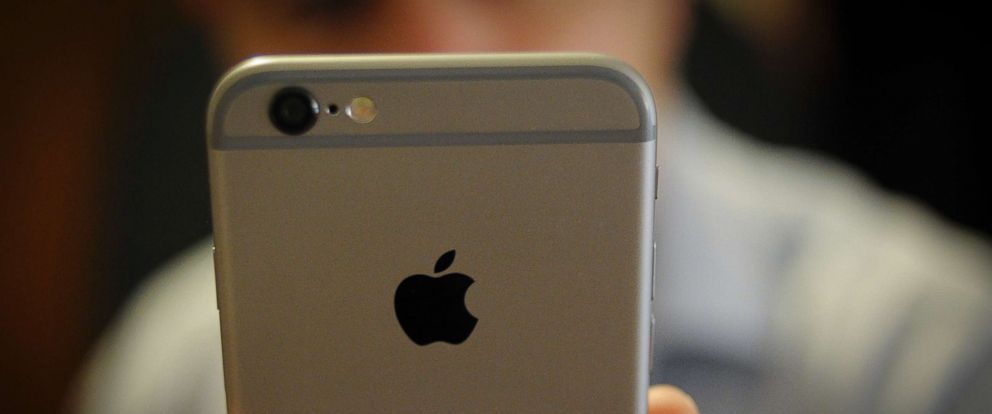Can digital assistants answer questions about sex?
Digital assistants are making life more hands-free — and, possibly, easier. But can you be hands-off when it comes to talking about “the birds and the bees”?
In the famously cheeky Christmas issue of the BMJ, four researchers in New Zealand put Siri and Google Assistant to the test, comparing the answers that these digital assistants gave to questions regarding sexual health to the answers found using a Google search.
The researchers found that if you are looking for the most relevant expert responses about sexual health, then doing your own Google search is probably your best bet. Google Assistant came in second when it came to producing potentially useful and correct information, and Siri came in last.
The bottom line, according to the study authors, is that there may be a great deal of information is available online and through digital assistants — but it is important to make sure that this information is coming from “high-quality sites with up-to-date, evidence-based recommendations,” they write.
Young boy with autism becomes good friends with Siri Apple is rumored to soon announce the release of its Siri-powered smart speaker
 Britta Pedersen/picture-alliance/dpa/AP Images
Britta Pedersen/picture-alliance/dpa/AP ImagesThe findings may become increasingly relevant as more people incorporate digital assistants into their lives. According to the Pew Research Center, nearly half of American adults currently use digital assistants.
Each researcher asked the same set of 50 sexual health questions based on the U.K. National Health Service’s website and took the best out of three answers. The best answers came from sources endorsed by government and expert medical organizations like the U.S. Centers for Disease Control and Prevention, Planned Parenthood and the Mayo Clinic.
Siri seemed to be the biggest prude, the researchers wrote, answering many questions about sex with “I don’t have an opinion on that.” She also misinterpreted “STI” (an abbreviation for sexually transmitted infection) as a stock market code. Google Assistant also had a problem with STIs, providing a website to a popular seaside resort.
The researchers noted that there were multiple factors that go into finding a good answer, like what words are used, how clearly a question is asked and whether the user has an accent — for them, Siri repeatedly confused “sex” with “six.”
With a majority of the U.S. relying on the internet to find information about health, there could be additional pressure on digital assistants to get health advice right. A 2016 study published in the Journal of the American Medical Association, for example, found that responses about mental health, abuse and physical health by digital assistants including Siri and Cortana were inconsistent and incomplete.
Luckily, updates seem to never end in the world of tech. In an interview with Siri this week, she fared much better answering those questions for ABC News than for the researchers. But when asked about her thoughts on sex, she replied: “You’re not supposed to ask your assistant such things.”
ABC News reached out to Apple and Google for comment but did not immediately hear back.
- Star
Add Interests Customize your news feed by choosing the topics that interest you.
To save your interests across all devices Log In or Sign Up »Source – abcnews.go.com






